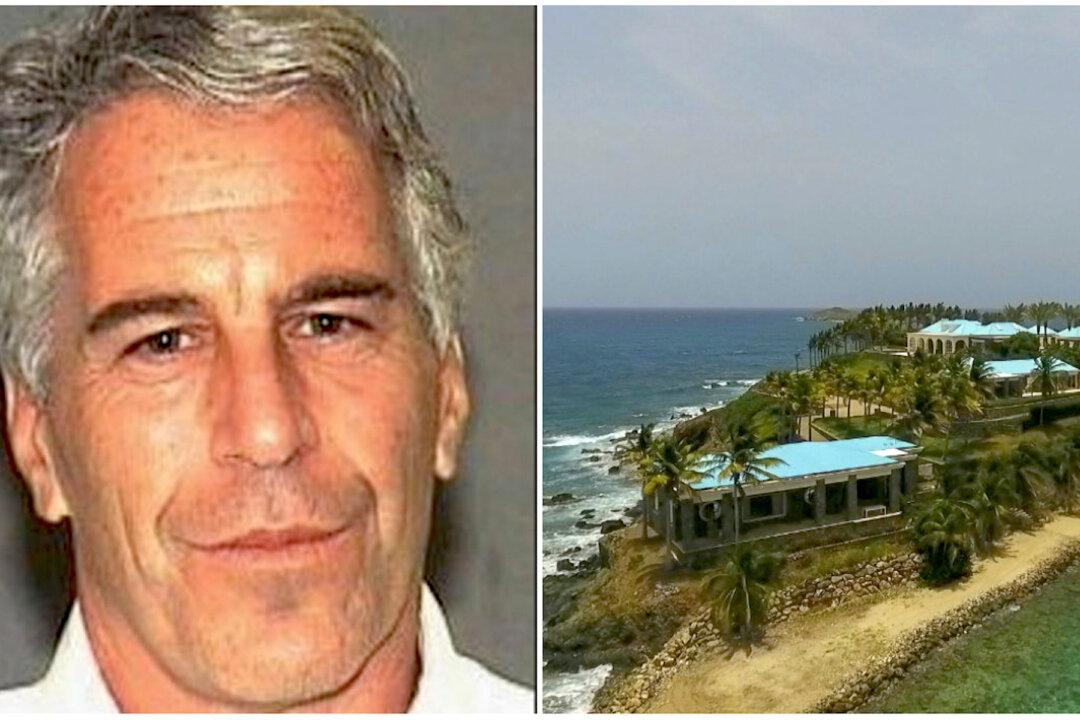A newly unearthed interview with the now-deceased financier, Jeffrey Epstein, at his Little St. James Island home in 2003, has provided rare insight into his private life, career and wealth before he was arrested on federal charges on July 6 and died by apparent suicide just over a month later.
In the previously unpublished five-hour Wall Street Journal interview, obtained by Bloomberg, Epstein discusses a range of topics including his financial strategy and his love of math, music, and the sciences.





